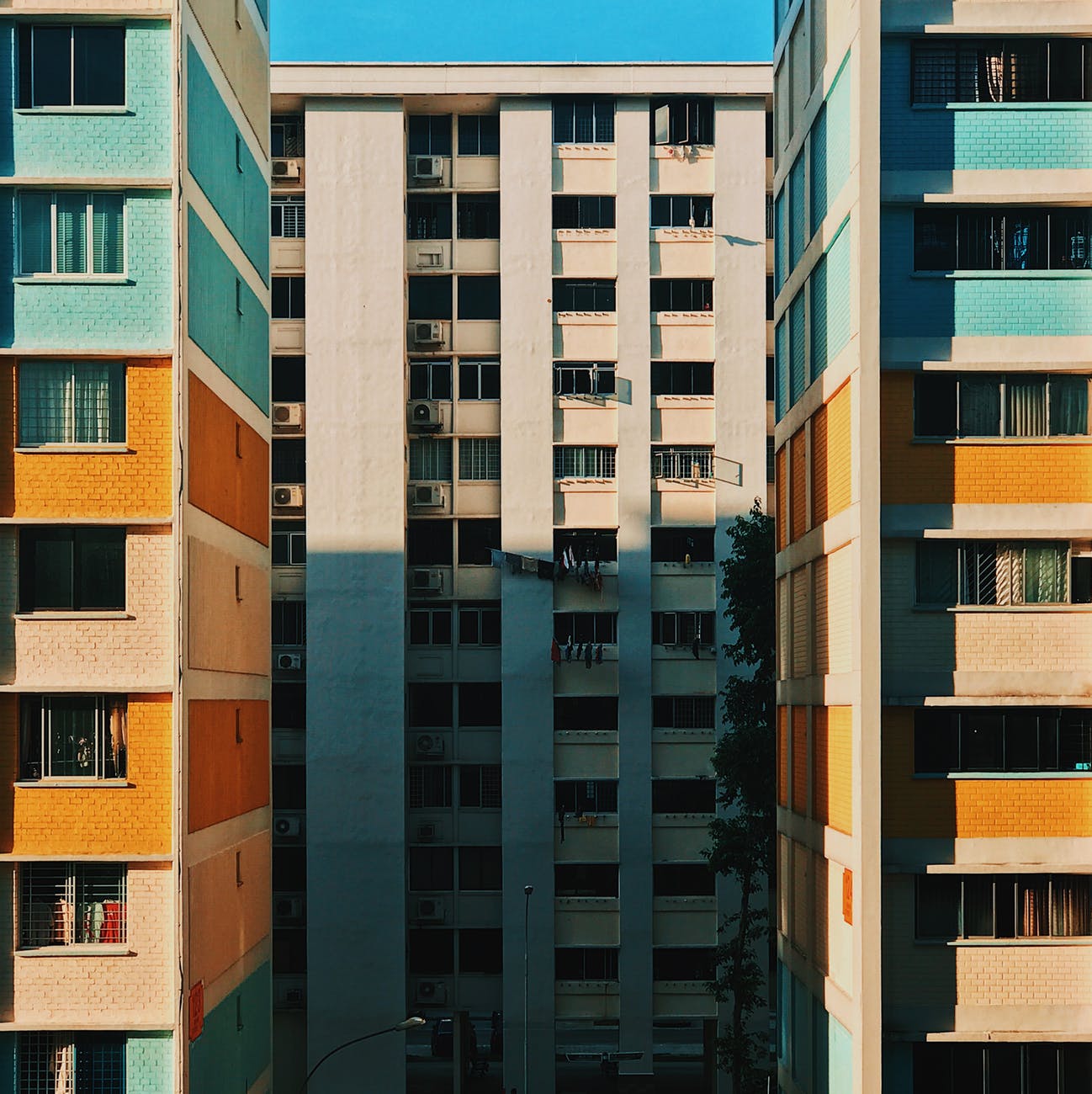During the planning of new communities, sometimes the developers choose to demolish older buildings and create new ones in that same property, rather than use new land or fixing up the older structures. This process is known as redevelopment and it benefits not only the Landlord and the tenants, but also the environment overall. Land developers consider these environmental benefits when conducting redevelopment projects. If you need expert professionals to help you in town planning and other related services, contact Wall Planning & Environmental Consulting.
1. Removal of Environmental Hazards
Many old and deteriorating buildings contain hazards that put lives in danger. Falling debris and loose components can injure anyone near the buildings. Some of these structures were also used for industrial purposes, so they contain contaminants such as pesticides, petroleum, asbestos and more. When left alone, they can continue to pollute the environment and clean-up efforts can be too ineffective or expensive to continue. Redevelopment eliminates these issues and is more cost-effective. You need to tap expert environmental planning consultants who can assist you in the environmental and social impact assessments, post-closure audit and reporting, and any other aspects related to environmental planning.
2. Reuse of Land
Another reason real estate professionals such as Steven Taylor prefer redevelopment is because they avoid hurting the environment by taking up unused land. Redevelopment utilizes territory already prepped for utilities and infrastructure. This is specifically beneficial within cities. Additionally, this practice spares plant and wildlife from being driven away by development, further reducing the environmental impact.
3. Increased Sustainability
Newer buildings are also inherently more eco-friendly than older ones. They can incorporate technology that makes their presence and their use more sustainable than before.
- Recycled building materials
- Energy-efficient lighting and electronics
- Skylight windows
- Efficient plumbing appliances
- Solar panels
- Green rooftops
Certain features, such as green rooftops, can even incorporate much needed plant life to an urban location. Savvy landlords can promote these sustainable elements to prospective tenants who support water and energy efficiency.
Rental property redevelopment reduces negative environmental impact just as much as it brings economical and structural advantages. Crafting new buildings in the place of older ones avoids taking up space and encourages efficient, sustainable measures that attract tenants and benefit everyone.
